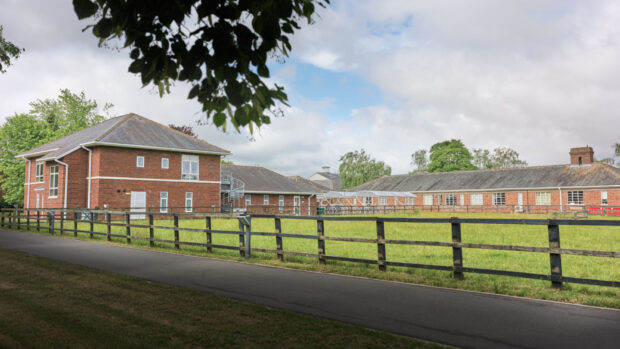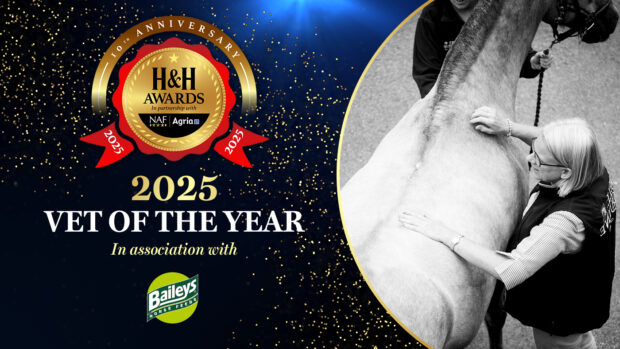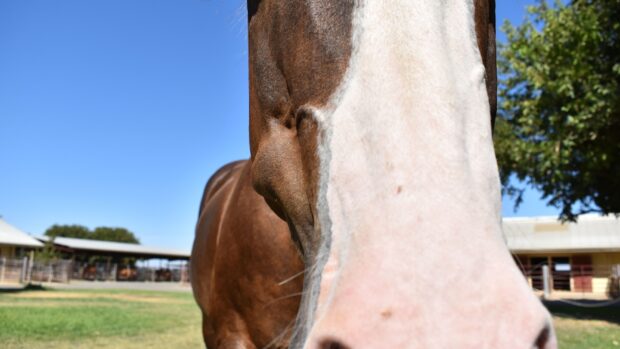So much for summer, it’s back to the wind and rain again. My week started with a follow-up gastroscope for a really nice Welsh pony mare who had a prolonged episode of colic due to an impaction last month. A combination of the stress of hospitalisation and extended period of feed restriction (while the impaction resolved) resulted in some nasty gastric ulcers and a miserable pony.
Not all ulcers heal at the same rate and, not surprisingly, deeper ulcers take longer. Therefore it’s important to re-scope to know for certain when treatment can be completed. In this case, the mare had shown a great response clinically and was bright and comfortable, but the gastroscopy showed that, although significantly improved, the ulcers have not completely resolved yet. She needs a few more weeks of medication to ensure full healing.
After a trip to Leicestershire to give a talk to other vets about the management and prevention of gastric ulcers in horses, it was off to Chatsworth on Friday for a weekend of eventing. The chilly weather and occasional showers did nothing to dampen everyone’s spirits. After many years working at horse trials, I have learnt to keep my car fully stocked with woolly hats and spare jackets even in the middle of summer.
There is a large team of vets working behind the scenes at most big horse events. As well as the FEI vets, whose main job is to ensure the health and welfare of the horses during the competition, there are vets positioned out on the course and at the finish to provide emergency treatment where required. My role at Chatsworth is to look after the horses once they leave the course, which can range from treating minor nicks to more significant injuries.
My colleague Peter Clegg — an orthopaedic specialist from the University of Liverpool — and I were kept pretty busy on Saturday morning with a flurry of activity, including a horse returning in the horse ambulance with a tendon injury, another arriving with a laceration to the pastern involving a blood vessel and significant bleeding, and, just for a bit of variety, a lurcher with numerous skin wounds requiring stapling. There were also a few horses that were a bit stiff and sore after falls, but nothing too serious. Add to this the passport checks, trot-ups and hold box duties, and the vet team certainly had plenty to do.
Inevitably, I always head home after these events knowing exactly which horses were injured, but having no idea who actually won…
Rachael
Picture from left to right: vets Peter Clegg, Rachael Conwell and Peter Bowling



